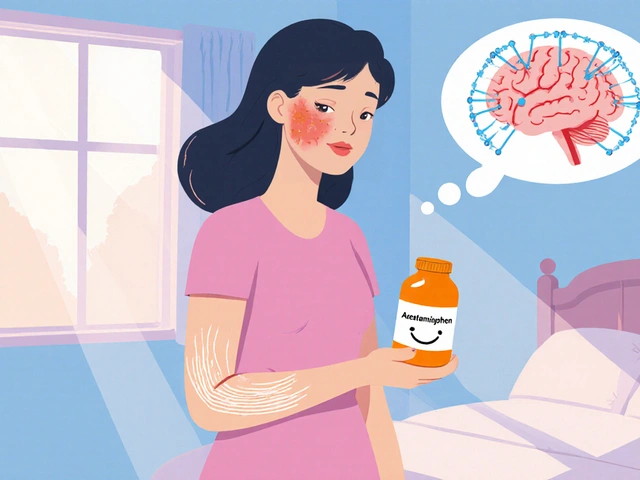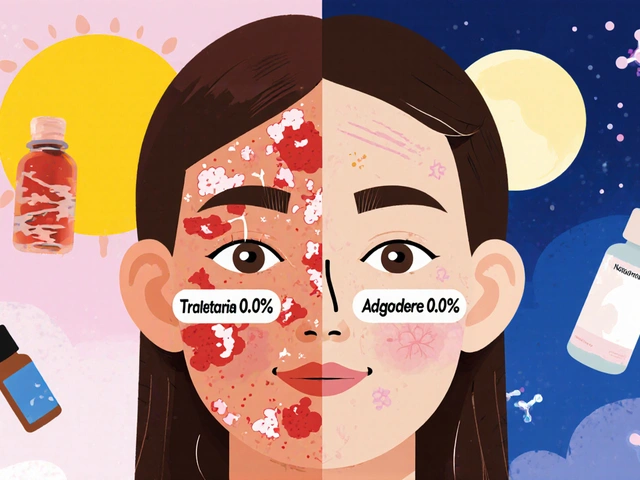Cocktails: What Medication Combinations Mean and When they Help
Mixing drugs isn’t like mixing drinks at a party. Some combinations are deliberate and lifesaving — like antiretroviral or chemotherapy regimens — while others create serious risks when taken together. This page explains what a “medication cocktail” is, shows common reasons doctors prescribe combos, and gives clear, practical tips to stay safe.
When combos are helpful
Doctors use drug combinations for a few main reasons. First, some infections and diseases respond better to several drugs at once — for example, tuberculosis and HIV are treated with multi-drug regimens to stop resistance. Second, lower doses of multiple drugs can control conditions like high blood pressure with fewer side effects than one high-dose pill. Third, combining medicines that work in different ways can get better results for pain, seizures, or mental health conditions.
Not every combo is recommended for everyone. The exact mix depends on your diagnosis, other health problems, kidney and liver function, and other meds or supplements you use. That’s why doctors tailor combinations and monitor patients closely with labs and check-ins.
How to stay safe with medication cocktails
Never mix medicines on your own. Ask your doctor or pharmacist if a new prescription will interact with what you already take. Keep a single, updated list of everything you use — prescriptions, over-the-counter drugs, vitamins, and herbal supplements — and bring it to every visit.
Use these practical checks every time you get a new drug:
- Ask: why am I taking this with my current meds? What benefit should I expect?
- Check interactions: use a pharmacy interaction checker or ask your pharmacist to run one.
- Watch for common dangerous pairs: opioids plus benzodiazepines increase overdose risk; some antidepressants combined with certain migraine drugs can cause serotonin syndrome; anticoagulants plus some antibiotics raise bleeding risk. Also remember grapefruit juice can raise levels of many drugs.
- Choose one pharmacy when possible. A single pharmacy is more likely to spot dangerous combos at refill time.
- Monitor symptoms: dizziness, extreme drowsiness, sudden confusion, trouble breathing, unusual bleeding, or severe stomach upset should prompt immediate medical contact.
- Keep labs and follow-ups. Some combos need regular blood tests to check liver, kidney, or blood counts.
If you buy meds online, pick licensed pharmacies and don’t skip the prescription for drugs that require one. Fake or unverified sources may sell wrong doses or dangerous mixes.
Finally, never stop or change doses abruptly without talking to your prescriber. Some meds need tapering; sudden changes can cause withdrawal, flare-ups, or other harm. If you’re worried about a prescribed cocktail, ask for a clear plan: why it’s needed, what to expect, and how long it will last.
Questions about a specific combination? Talk to your pharmacist or your healthcare provider and bring your full medication list. That simple step often prevents the biggest risks.
Discover hydration hacks for people who take spironolactone and enjoy cocktails. Learn how to avoid dehydration and keep your electrolytes in balance.
View Details

